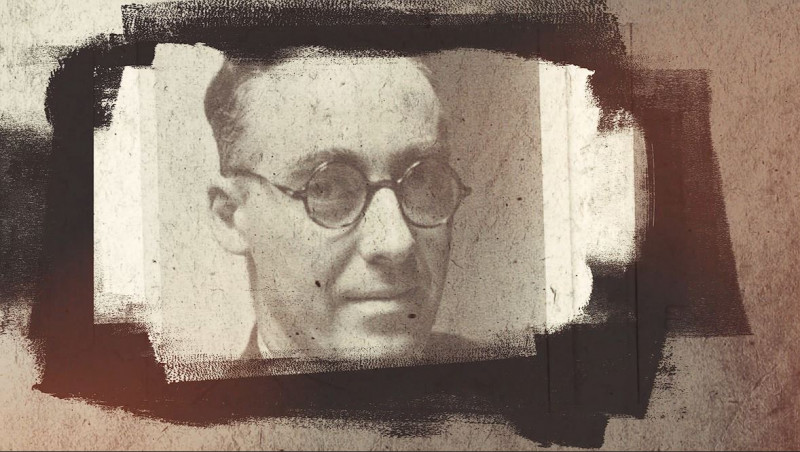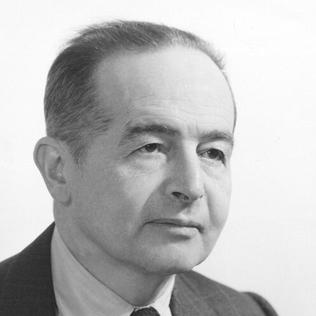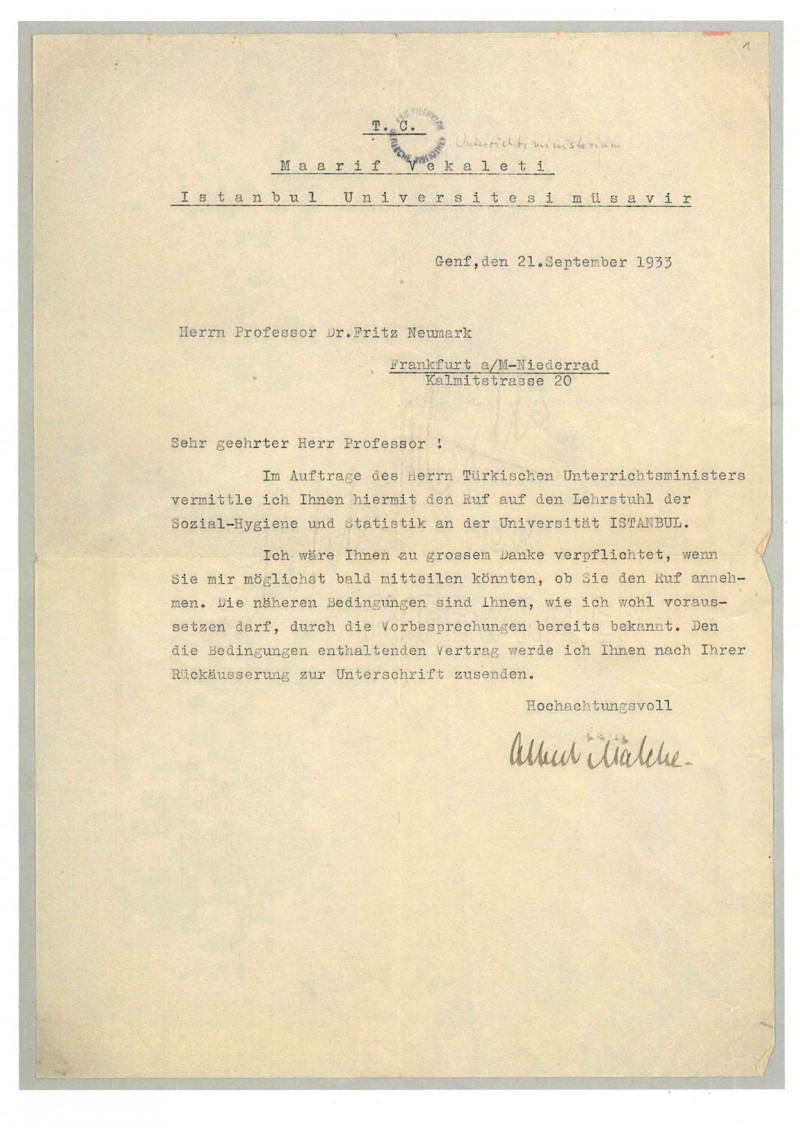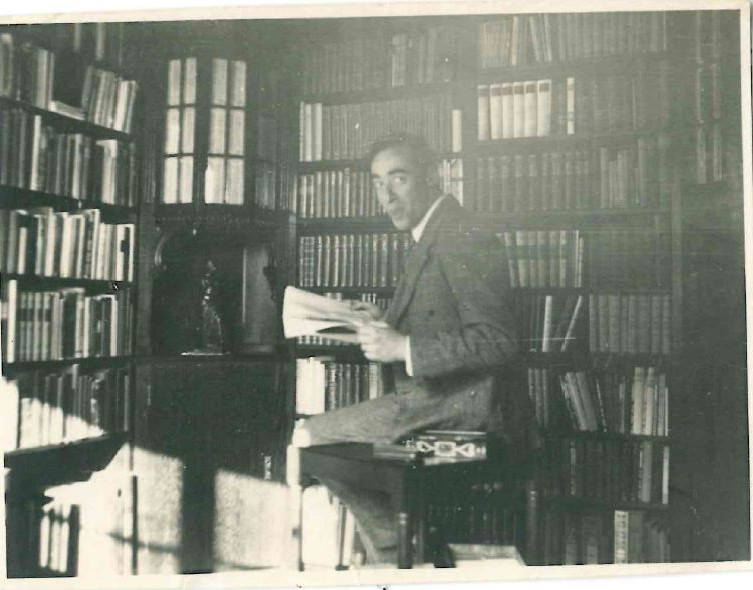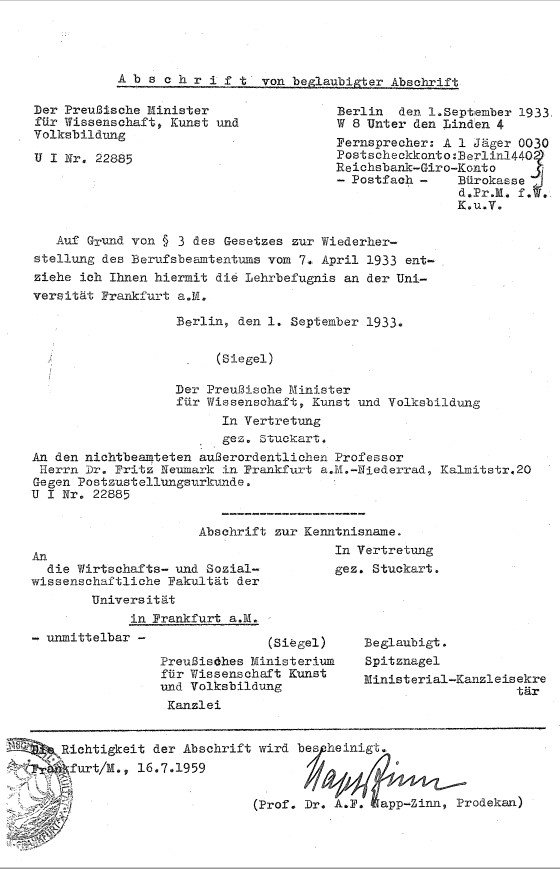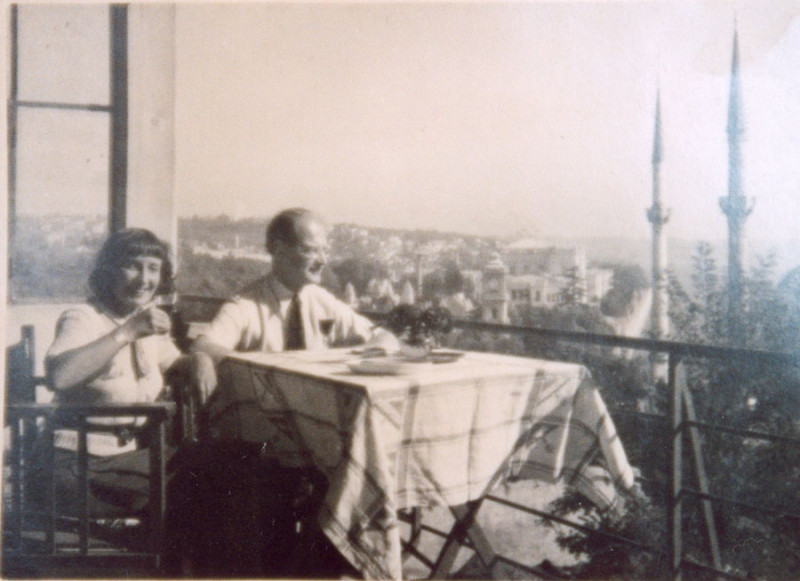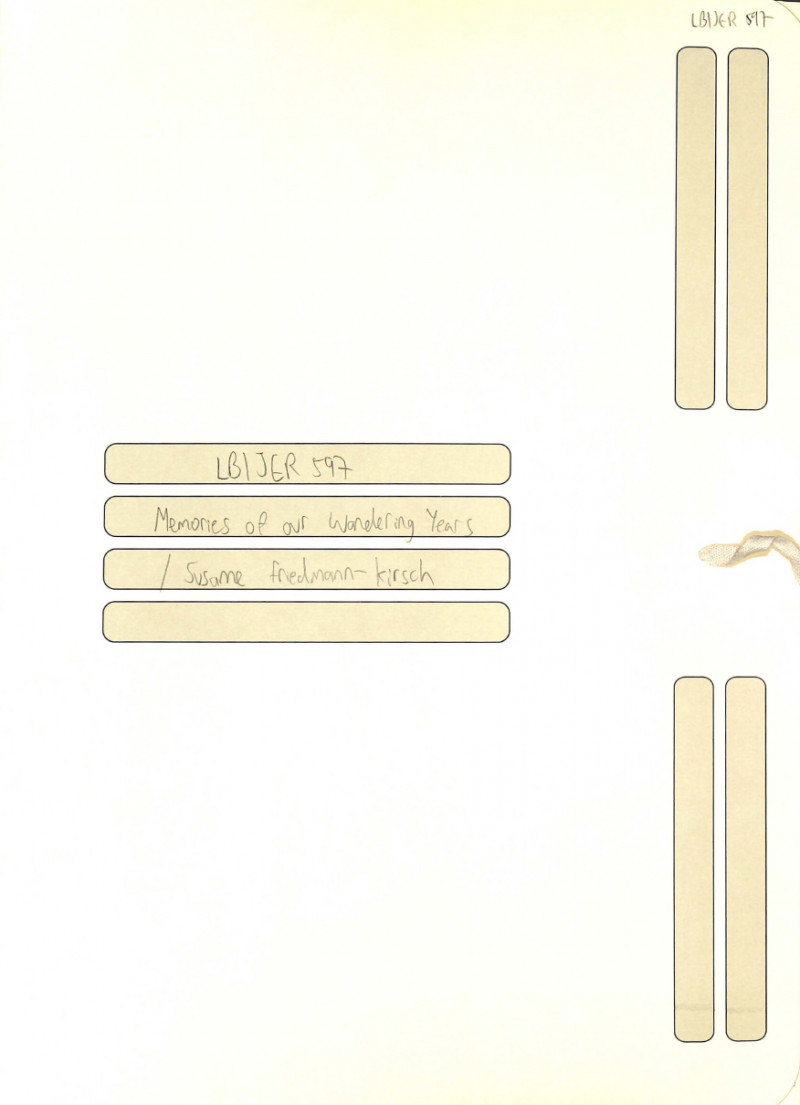From fall of 1933, a considerable number of opposition figures, including Jewish professors, scientists and artists, fled with their families to Istanbul and Ankara. The founders of the Kemalist republic needed scholars to modernize the educational system, and the academics fleeing the Nazis needed a place of refuge. More than 800 German refugees spent the war years in Turkey.
Against this background, “Asylum on the Bosporus” narrates the lives of its main protagonists: Adelheid Scholz, who is 75 years old at the time of filming, and Cornelius Bischoff, who has reached the age of 73. Arrived in Istanbul – a great, fascinating adventure place for both children – Adelheid attends the German school there, Cornelius the Austrian Catholic school.
Adelheid’s father, Prof. Gerhard Kessler is an economist and is appointed to Istanbul University. There he lays the foundations for rural cooperatives in Turkey and is instrumental in establishing modern trade unions in the country. Meanwhile, however, his family is falling apart. His wife falls ill, Adelheid’s older sister returns to Germany and becomes a BDM functionary. She then organizes the “liberation” of Adelheid and her mother together with Nazi diplomats in Istanbul – the family’s two sons, on the other hand, were staunch opponents of the Nazi regime. The three women arrive in Germany on September 1, 1939, the start of World War II.
Cornelius only learns in Turkey that his mother is Jewish. His father, a Social Democratic carpenter, works in a shipyard in Istanbul. As Cornelius portrays it, the Bischoff family was doing just fine: “The world was on fire. While people were dying all over the world, we were enjoying ourselves on the Bosphorus.” After Turkey, its former ally Germany, declares war in 1944, after much hesitation, all German citizens, including the Bischoffs, have to go to a remote internment camp in the steppes of Anatolia.
The post-war experiences of Adelheid and Cornelius and cinematic encounters with their offspring also add up to “Once exiled, always exiled”.
Written and directed by Nedim Hazar Bora
Director of photography: Pavel Schnabel
Produced by Troja Film Produktion, ZDF, Goethe Institut
The whole film can be watched on Youtube.
With kind permission from director Nedim Hazar for We Refugees Archive.
